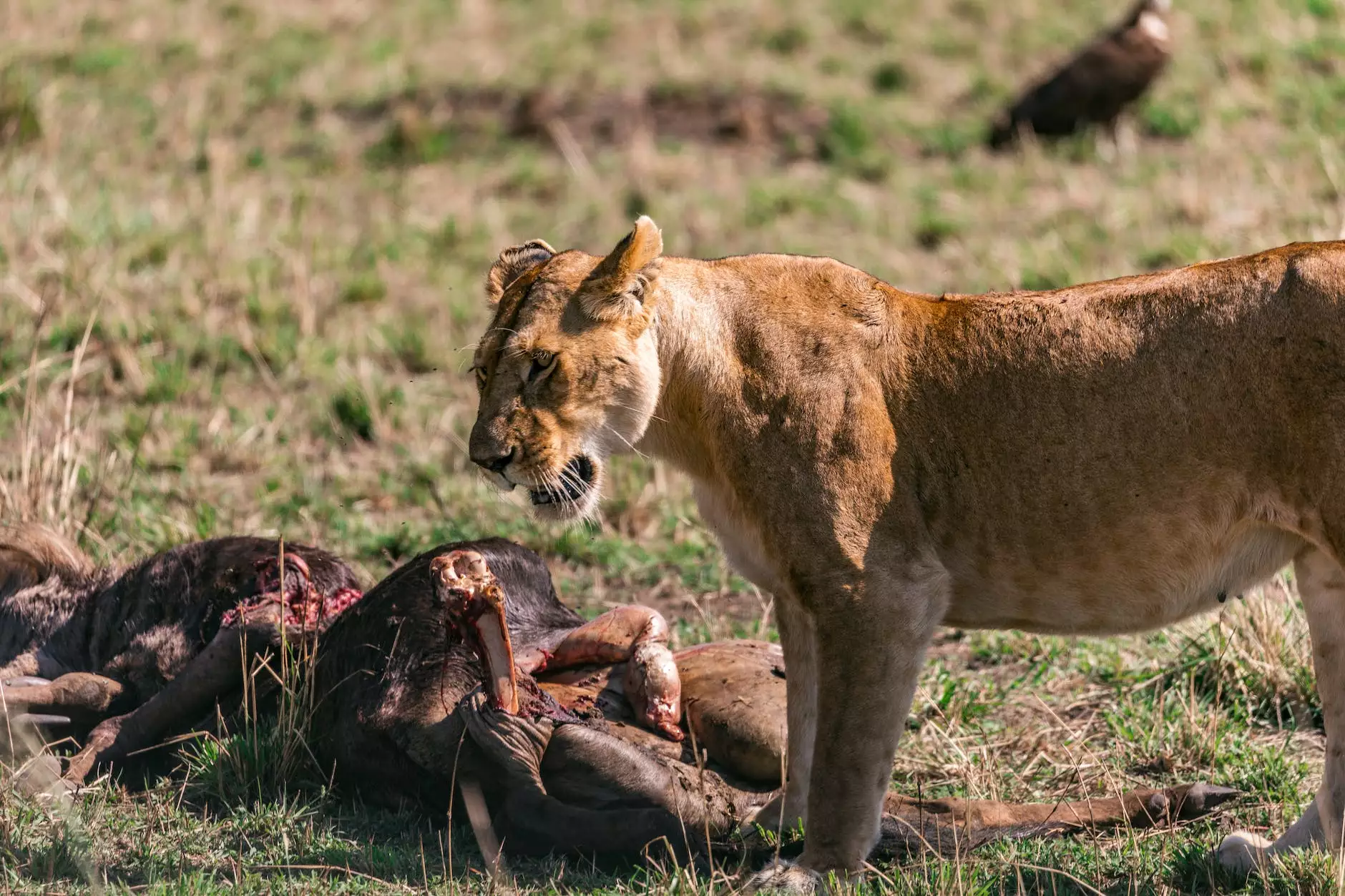Oregon To Kill Wolves That Preyed On Livestock
News
As the issue of wolf predation on livestock continues to increase, Oregon has taken a firm stance to protect its agricultural industry. The state has implemented measures to address this concern, including the decision to kill wolves that prey on livestock. This proactive approach aims to safeguard the livelihoods of ranchers and ensure the sustainable growth of the agricultural sector.
Understanding the Challenge of Wolf Predation
Wolf predation poses significant challenges for the livestock industry. While conservation efforts have led to the resurgence of gray wolf populations in certain regions, the increased interaction between wolves and livestock has resulted in conflict. Livestock owners commonly experience losses due to predation, leading to economic setbacks and emotional distress.
It is important to acknowledge the ecological importance of wolves and their role in maintaining balanced ecosystems. However, finding a balance between conservation and the protection of livestock is crucial for sustainable coexistence.
The Impact on Livestock and Ranchers
Livestock, such as cattle and sheep, are susceptible to wolf predation. The loss of animals not only affects ranchers financially but also disrupts their operations. The emotional toll of witnessing the death of their livestock adds to the challenges faced by these hardworking individuals.
In addition to the immediate financial impact, livestock depredation can also result in long-term negative consequences for ranchers. The fear of future attacks may limit the expansion of their herds or force them to discontinue certain practices. This, in turn, affects the overall productivity and economic viability of the livestock industry.
The Oregon Plan for Protecting Livestock
Oregon has developed a comprehensive plan to address the issue of wolf predation on livestock. The state recognizes the need to balance the conservation efforts for wolves with the protection of livestock. The plan aims to reduce conflicts by implementing proactive measures that minimize the risk of predation.
Non-Lethal Measures:
Non-lethal methods are the first line of defense in mitigating conflicts between wolves and livestock. The Oregon plan prioritizes the use of various preventive techniques, including:
- Fencing: The installation of sturdy and well-maintained fences can create a barrier between the wolves and the livestock, reducing the chances of predation.
- Guard Animals: The use of guardian animals, such as trained dogs or llamas, can deter wolf attacks by establishing a protective presence around the livestock.
- Range Riders: Employing range riders or human presence in designated areas helps monitor and address potential conflicts, ensuring the safety of both wolves and livestock.
- Fladry: The strategic use of visual deterrents, such as colorful flags, can discourage wolves from approaching livestock areas.
Lethal Measures:
While non-lethal methods form the foundation of the Oregon plan, the state recognizes that lethal removal may be necessary to protect livestock when non-lethal measures prove ineffective. Qualified professionals, authorized by the state, may undertake lethal removal of wolves that repeatedly prey on livestock.
The Importance of Collaborative Efforts
The success of managing wolf predation on livestock lies in collaborative efforts from various stakeholders. The cooperation between the Oregon Department of Fish and Wildlife, ranchers, conservation organizations, and community members is crucial in developing and implementing effective strategies.
Meaningful Connections Brand Consulting, as a leading provider of consulting and analytical services in the business and consumer services sector, understands the importance of strong collaboration. Our team works closely with our clients, fostering meaningful connections and bringing together diverse perspectives to address complex challenges.
Consulting Solutions for Livestock Protection
At Meaningful Connections Brand Consulting, we offer specialized consulting solutions to assist ranchers and the livestock industry in protecting their herds from predator threats while promoting sustainable coexistence. Our team of experts possesses in-depth knowledge and experience in implementing comprehensive strategies tailored to individual needs.
Our consulting services include:
- Risk Assessment: We conduct thorough risk assessments to identify vulnerabilities and potential areas of improvement in livestock protection.
- Strategy Development: Based on the assessment, we develop customized strategies that combine non-lethal methods, technology, and best practices to minimize conflicts.
- Training and Education: We provide training and educational materials to ranchers, empowering them with the knowledge and skills necessary for effective livestock protection.
- Monitoring and Evaluation: Our team regularly monitors and evaluates the implemented strategies to ensure their effectiveness and make necessary adjustments when needed.
By utilizing our consulting services, ranchers can gain a competitive edge in mitigating the risks associated with wolf predation on livestock. We understand the importance of striking a balance between conservation efforts and the protection of valuable agricultural assets.
Conclusion
Oregon's decision to implement measures to kill wolves that prey on livestock reflects the state's commitment to supporting the agricultural sector. By providing a comprehensive plan, including non-lethal methods and authorized lethal removal, Oregon aims to find a balance between conservation and the protection of ranchers' livelihoods.
Meaningful Connections Brand Consulting is dedicated to delivering innovative solutions to address the challenges faced by businesses in the business and consumer services sector. We are proud to offer our expertise in livestock protection strategies, ensuring the growth and sustainability of this vital industry.










